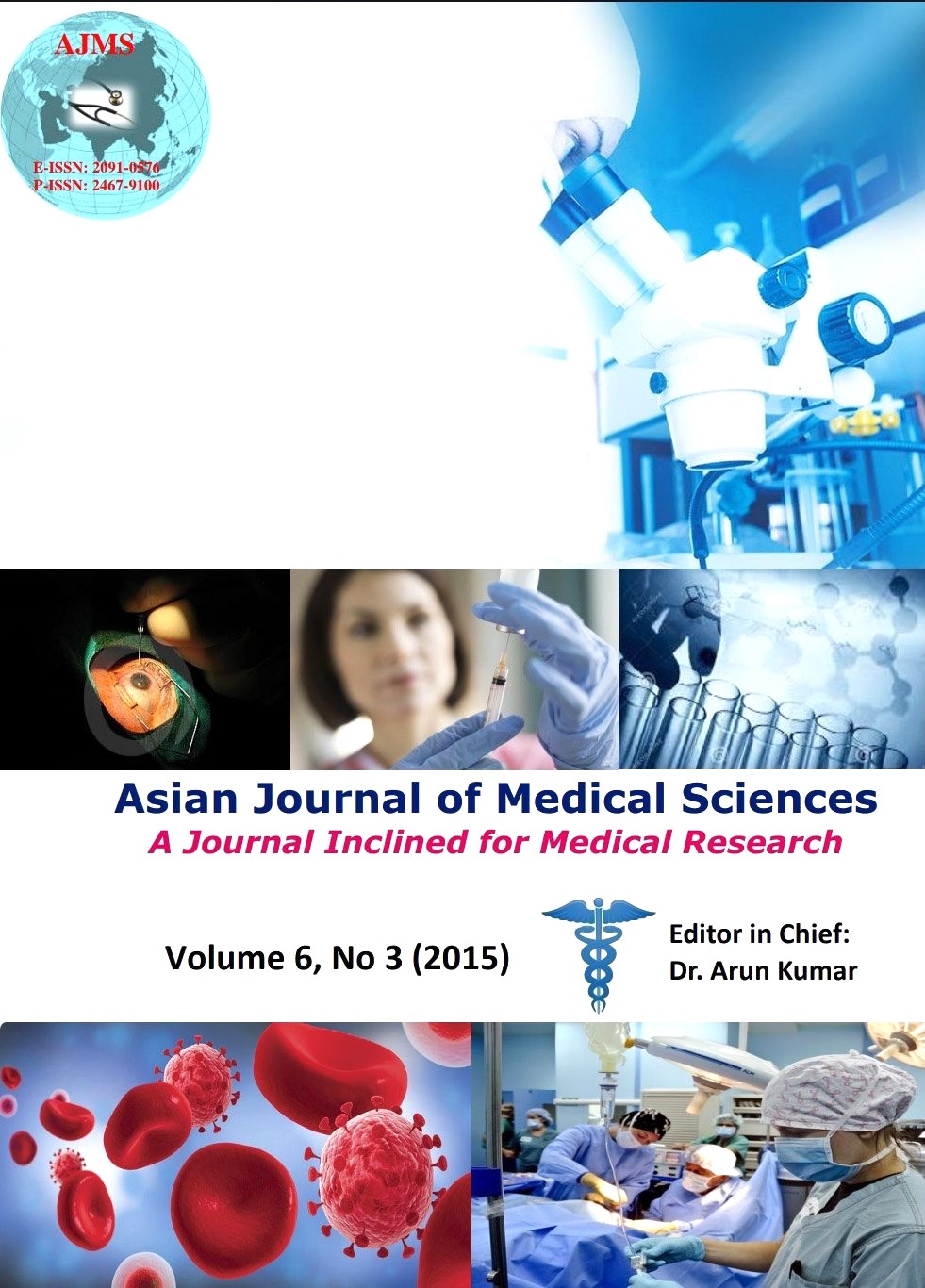The changing face of medical education: The impact and effectiveness of evidence generating community health project in medical students
Keywords:
Evidence generating community health project, Research Methodology, ProtocolAbstract
Background: Evidence-based practice usually refers to gathering quantitative data based upon the best decision about what constitutes effective or efficient practice or what is sometimes referred to as “best practices”. The objective of the present study was to evaluate the student’s perception and learning effectiveness towards Evidence Generating Community Health Projects (EviGenCHIP).
Materials and Methods: This study was questionnaire based cross sectional study carried out in SBKS MIRC, Sumandeep Vidyapeeth, Vadodara, Gujarat, India. A total of 110 MBBS students (III Year) participated. After obtaining ethical clearance the data was collected and analyzed. Data was compiled in excel sheet, analyzed for percentage and proportion.
Results: In the present study 100 students (90.9%) believed that research in medical fi eld is important. On the contrary 40% students believed that there is no need to know about research methodology. After Evidence Generating Community Health Projects students were sensitized to the importance of protocol writing (56.3%), searching literature (40.9%), structured questionnaires, data collection and its analysis (45%), report writing (52.7%) and presentation as an integral part of research process.
Conclusion: Evidence Generating Community Health Projects can be an effective tool for medical education, where they become exposed and sensitized to the research process at undergraduate level. It also improves active learning in public health and research skills. This teaching and learning model can be considered in other medical schools in the country.
DOI: http://dx.doi.org/10.3126/ajms.v6i3.10951
Asian Journal of Medical Sciences Vol.6(3) 2015 72-76
Downloads
Downloads
Published
How to Cite
Issue
Section
License
Authors who publish with this journal agree to the following terms:
- The journal holds copyright and publishes the work under a Creative Commons CC-BY-NC license that permits use, distribution and reprduction in any medium, provided the original work is properly cited and is not used for commercial purposes. The journal should be recognised as the original publisher of this work.
- Authors are able to enter into separate, additional contractual arrangements for the non-exclusive distribution of the journal's published version of the work (e.g., post it to an institutional repository or publish it in a book), with an acknowledgement of its initial publication in this journal.
- Authors are permitted and encouraged to post their work online (e.g., in institutional repositories or on their website) prior to and during the submission process, as it can lead to productive exchanges, as well as earlier and greater citation of published work (See The Effect of Open Access).




